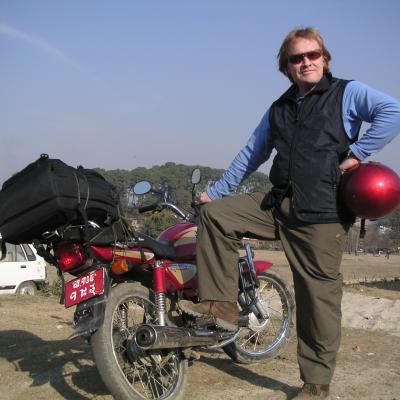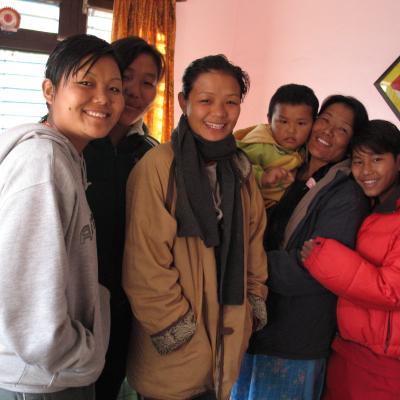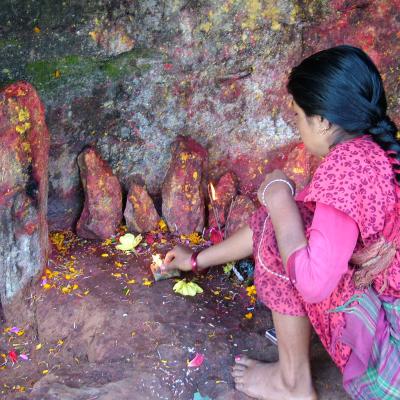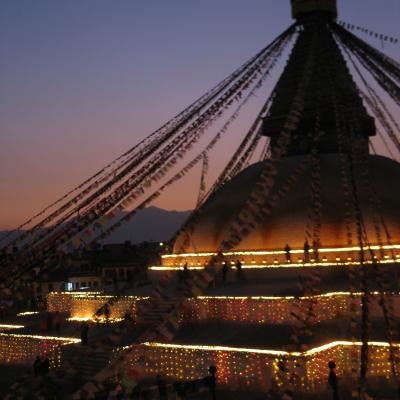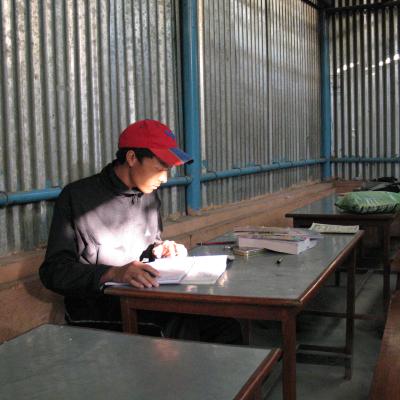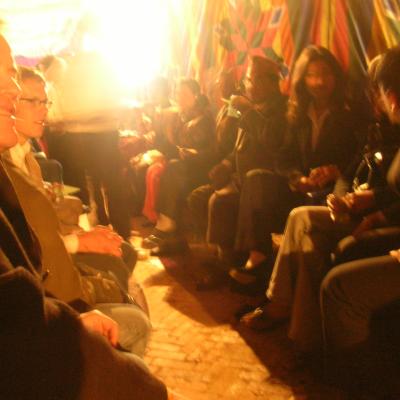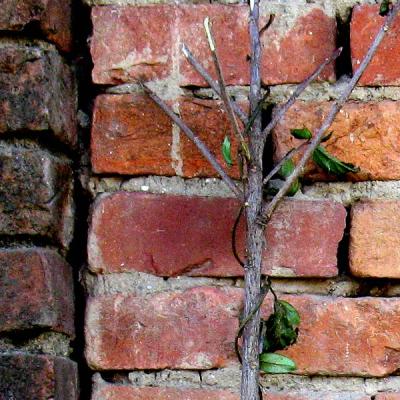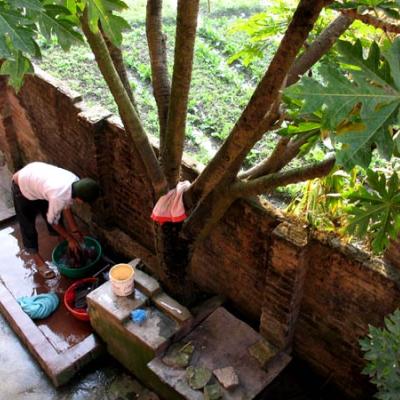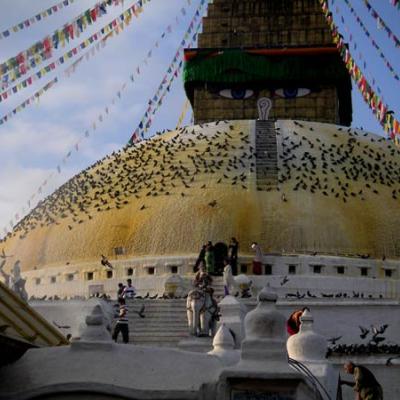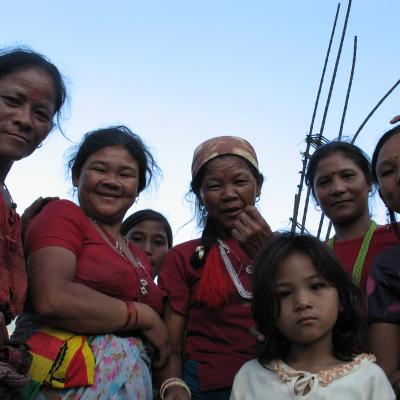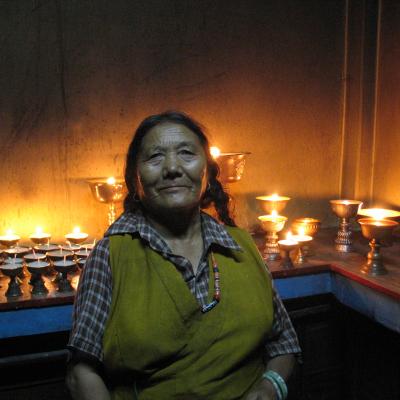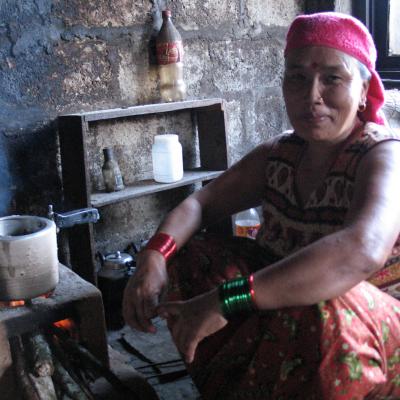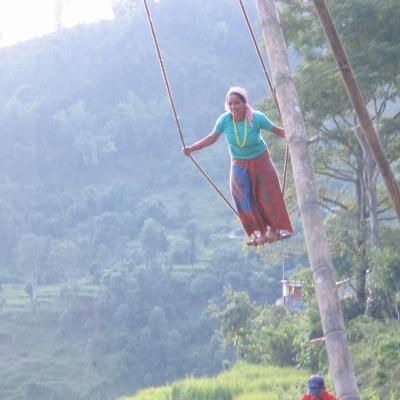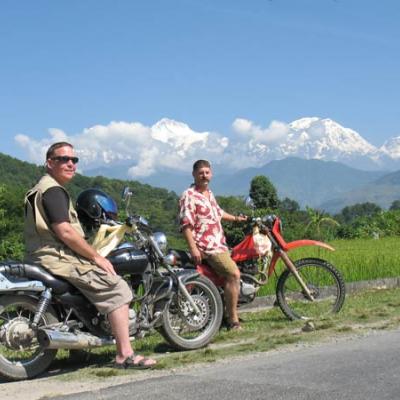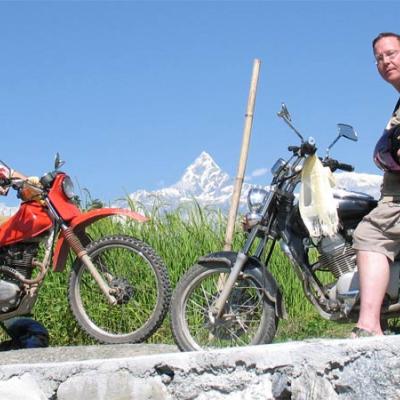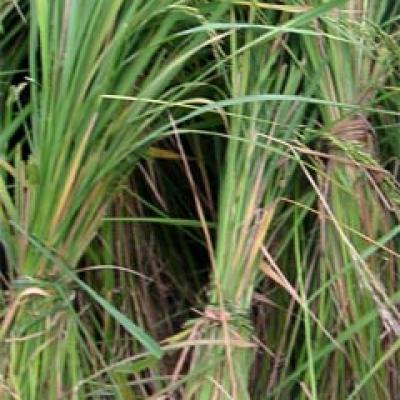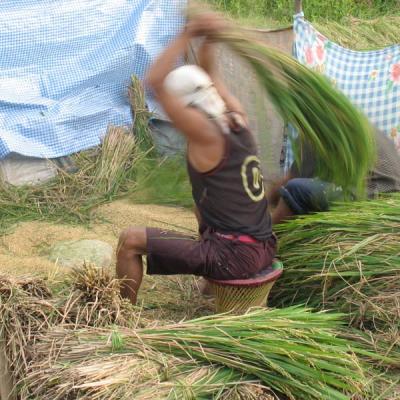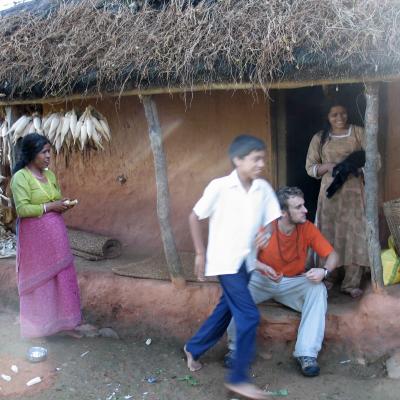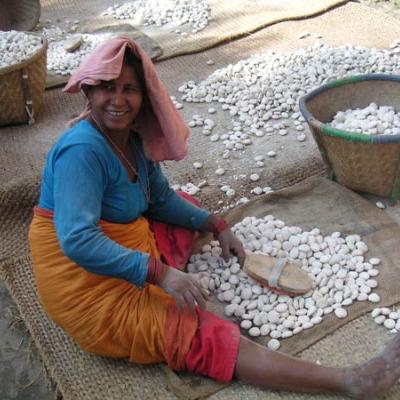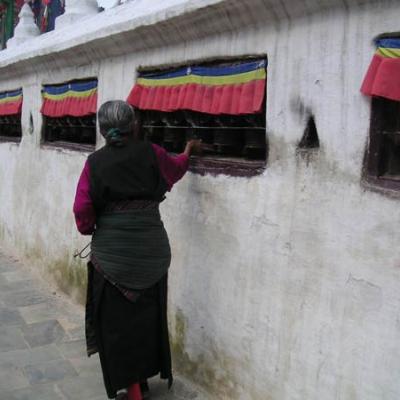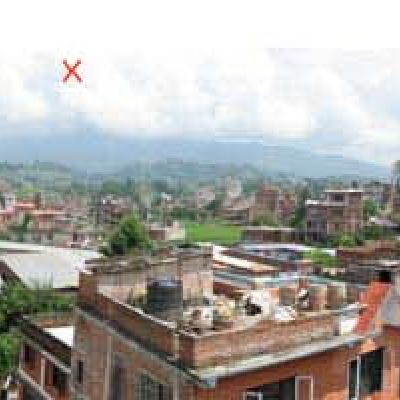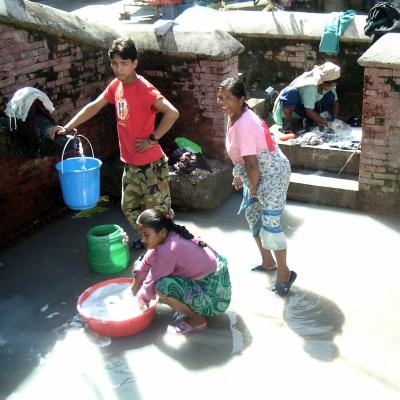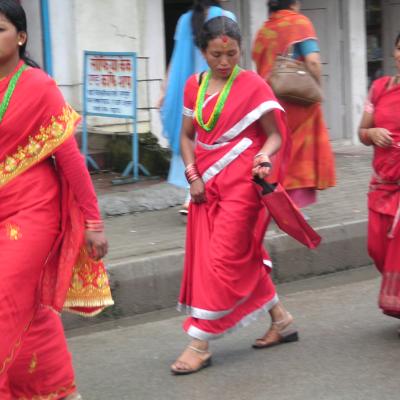Nepal
Prayers in Nepal
Two images of daily prayer in Nepal. The first one is Hindu. On a hillside above Lamatar, on the edge of the Kathmadu valley, there is a small cave that is known as a holy place.
Studying at Loyola House
Finally getting out more to see what goes on in the valley, I visited Loyola House, a home for about 35 boys who study at local schools.
Late November
Winter has come, such as it does here.
Trees are still green but the sunlight has a pale coolness
Thanksgiving
Today is Thanksgiving in America, and I have so much to be thankful for. More than I can say, more than I can carry in my heart, my life and time here in Nepal are incredible blessings.
Washing at the Well
One of the things that I originally thought would be very hard to adjust to in Nepal is the lack of hot water. My family, like most people, doesn't have a water heater.
Returning Home
I am back home in Boudhanath. Funny how quickly a place can become home. I have been gone a week, but it felt much longer. It is good to be back and see my family and friends here.
By the Roadside
On the way back from Pokhara, Greg and I stop to visit his friend. Maila Praja is his name. He is Chepang.
An Old Woman in a Refugee Camp
In the back of a monastery behind the main shrine room in a Tibetan refugee camp in Chorepatan, Nepal, an old woman attends the butter lamps.
Traditional
Most of Nepal is still very rural, and village life seems to dominates the collective imagination, even of those who now live in large cities such as Kathmandu.
Dashain Swings
Dashain is the time in Nepal for families to come together, sharing food, and gifts, and all sorts of traditional activities. One of these is swinging on huge bamboo swings.
Rice Harvest Begins
Today is the first day of the rice harvest, with the first field I have seen being harvested right outside my back door. As one would expect, everything is done by hand.
Caught in Passing
A patchwork of small farms cling to the hillsides in Lamatar on the edge of the Kathmandu valley.
Siddha Nagar
I live with a Tibetan family in an apartment in Siddha Nagar, a neighborhood over small a ridge north of Boudhanath. This is the view from our roof.
Festival Day
Today the city shifted gears into festival mode for the annual Teej festival at the Pashupati Temple, a Hindu temple to an avatar of Vishnu named Pashupati, or "Lord of the Creatures." On this day,
